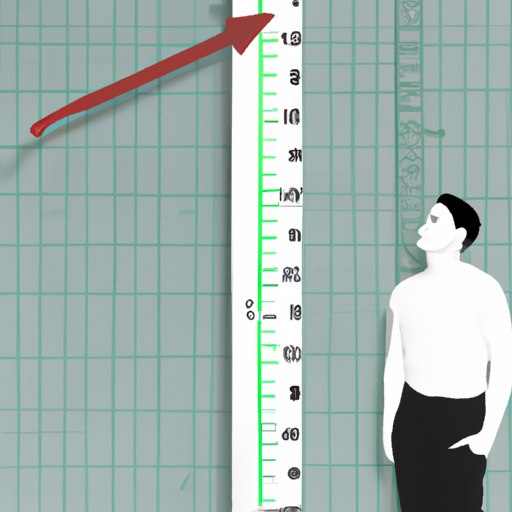As a caregiver, it’s natural to wonder about the growth patterns of the young boys in your care. One common question you may have is, “When do males stop growing in height?” This comprehensive guide will delve into the details of male growth and development to answer this question.
The Science Behind Growth
Growth in humans is dictated by numerous factors, primarily genetics and hormones. The growth plates, or epiphyseal plates, located at the ends of our long bones, are critical in determining our final height.
-
Genetics: A person’s genes, inherited from their parents, play a significant role in determining how tall they will eventually grow.
-
Hormones: Growth hormones and sex hormones significantly affect growth. The growth spurt you notice during puberty is due to an increase in these hormones.
The Stages of Male Growth
Understanding the stages of male growth can help you anticipate the changes that the boys in your care will undergo. Here are the key stages:
-
Infancy: This stage is characterized by rapid growth.
-
Childhood: Growth slows down during this stage, but remains steady.
-
Puberty: This stage brings on a growth spurt, typically beginning between ages 12 and 15.
-
Post-Puberty: Growth slows down and eventually stops.
When Does Growth Stop?
On average, most boys stop growing by the time they’re 18. However, this is not a hard and fast rule. Some may stop growing as early as 16, while others may continue to grow into their early twenties.
| Average Age | Growth Status |
|---|---|
| 16 | Slowing down |
| 18 | Typically stop |
| Early 20s | Late bloomers |
Factors That Influence Growth
Several factors can influence when a boy stops growing. These include:
- Nutrition: A balanced diet is essential for proper growth.
- Physical Activity: Regular exercise promotes growth by stimulating the release of growth hormones.
- Health Conditions: Certain health conditions can affect growth, either promoting it or stunting it.
Can You Predict a Boy’s Final Height?
While it’s not possible to predict a boy’s final height with 100% accuracy, there are methods that can provide an estimate:
-
Mid-Parental Height Method: This method involves taking the average of the parents’ heights and adding 2.5 inches for boys.
-
Bone Age Method: This involves an X-ray of the wrist and hand to determine the maturity of the bones, which can predict potential growth.
Encouraging Healthy Growth
As a caregiver, there are several ways you can promote healthy growth:
- Provide a Balanced Diet: Ensure they’re getting the right nutrients.
- Encourage Regular Exercise: Physical activity is not only healthy but also promotes growth.
- Ensure Adequate Sleep: Growth hormones are released during sleep.
FAQs
Q: When do boys have their growth spurt?
A: Boys typically have their growth spurt during puberty, usually between the ages of 12 and 15.
Q: Can boys grow in height after 18?
A: While most boys stop growing by 18, it’s possible for some to continue growing into their early twenties.
Q: Can diet and exercise affect growth?
A: Yes, a balanced diet and regular exercise can promote growth by ensuring the body has the necessary nutrients and by stimulating the release of growth hormones.
Q: Can you increase a boy’s final height?
A: While you can’t change genetics, ensuring a healthy lifestyle can help them achieve their maximum potential height.
This guide should provide a comprehensive understanding of when males stop growing in height. Remember, individual growth can vary significantly, so these are only guidelines. As a caregiver, your role is to provide a supportive and healthy environment to foster their growth.



